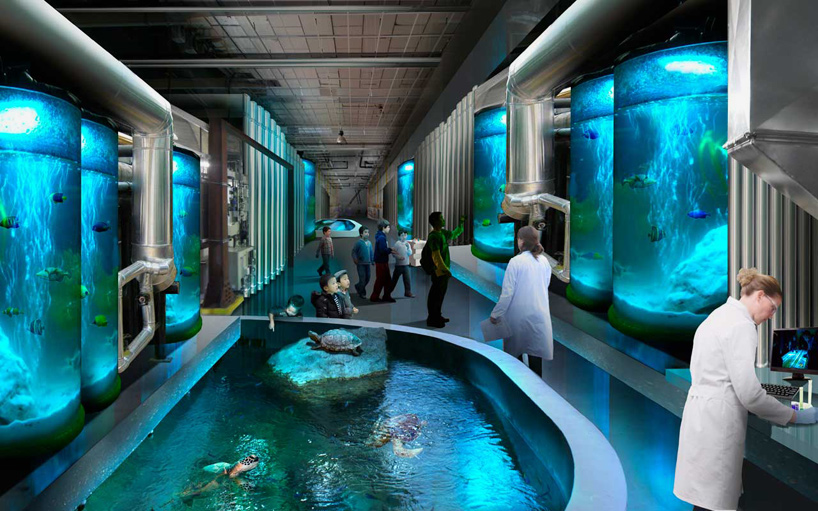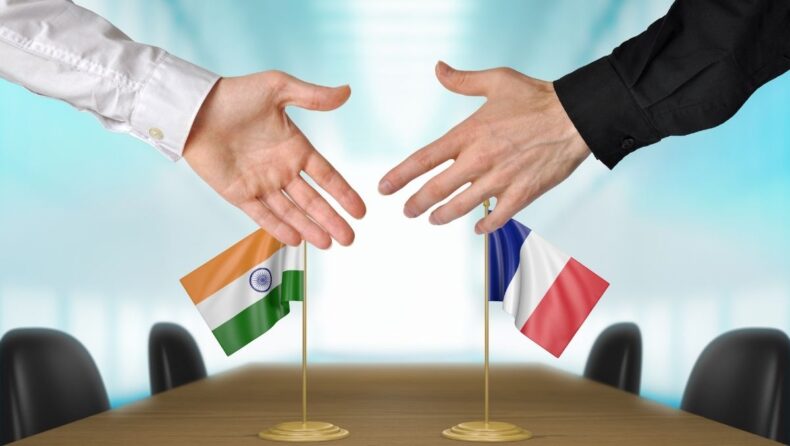India and France both the countries are both well aware that the ocean has suffered the harmful effects of global warming and pollution due to human activities.
Which are mainly caused by acidification events, increasing stress on natural mineral and biological resources, and the decline in fish stocks, manifested through displacement and loss of marine diversity.

India and France are collaborating more closely in marine science and technology
Pollution includes plastic pollution, coastal erosion, and rising sea levels.

India and France have signed a roadmap to enhance their bilateral exchanges on the blue economy and create a shared vision of ocean governance based on the rule of law and cooperation on sustainable and resilient coastal and waterways infrastructure.
The agreement was signed between India and France during his three-day External Affairs Minister S Jaishankar’s to France.
India and France wish to contribute to Sustainable Development goal #14 of the United Nations Sustainable Development Agenda.
India and France intend to make the blue economy a driver of their respective society’s progress while respecting the environment and coastal and marine biodiversity.
The two countries aim to contribute to scientific knowledge and ocean conservation and ensure that the oceans remain a global standard, accessible, and trade place based on the Rule of Law.
“The Foreign Ministry said on February 20.
For this purpose, the intent is to act in line with international law, in particular, The United Nations Convention on the law of the sea.
The Paris Climate Agreement, The Convention for Biological Diversity, The International Convention for the Prevention of Pollution from Ships including The Preliminary Strategy on Reduction of Greenhouse Gas Emission from ships adopted under the international maritime organization.
The document states that they extended their support to the United Nations decade of Ocean Sciences (2021-2030) for sustainable development.
Both countries emphasized that fisheries are an important economic sector and play a decisive role in food security and livelihood security, especially for coastal populations.
They highlighted that demographic, economic, and social factors have led to increased global demand for marine products and increased pressure on global fish stocks.
They thus called for a sustainable approach to fishing that would ensure decent living conditions for professionals in the sector while conserving the resource in the medium and long term.
In keeping with the Food and Agriculture Organization’s voluntary guidelines to achieve small-scale, Fisheries in the context of food security and poverty alleviation.
India and France reaffirmed their commitment to promote cooperation between the EU and Ocean Governance on the Common Roadmap “EU-India Strategic Partnership: A Roadmap to 2025” and the EU Strategy for Cooperation Indo-Pacific.
Read Also: How Technology is Transforming Infrastructure
The two countries said they plan to set up an India-France partnership on the blue economy and ocean governance.
They are covering Maritimes trade in services, ports, naval industry, fisheries, marine technology, scientific research, Ocean observations, and forecasting services.
Ocean modeling, cooperation between competent administration on marine diversity, marine protected areas, renewable marine energy, and marine construction industries.
Marine ecosystem-based management, and integrated coastal management inland waterways marine issues, planning as well as the international law of the sea and related multilateral negotiations.
They also collaborate in developing domestic waterways, which is one of India’s priorities in infrastructure development. This may include infrastructure enhancements, fairway development, navigational aids, and river information systems.
Published By – Vanshu Mehra
Edited By – Subbuthai Padma













